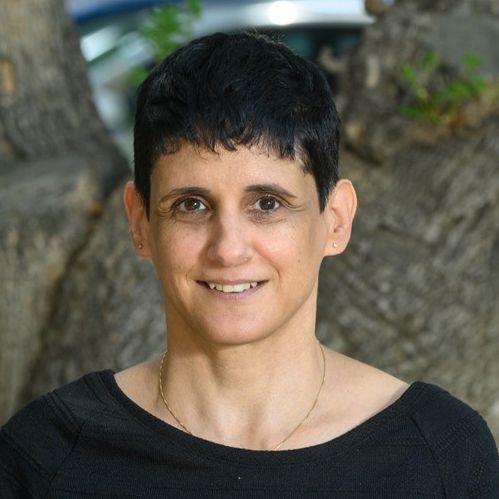Cancer-associated cachexia (CAC) is a debilitating syndrome characterized by severe weight loss, muscle wasting, and fatigue that affects up to 80% of advanced cancer patients. It significantly reduces patients’ quality of life, limits the efficacy of cancer therapies, and contributes to poorer survival outcomes. Despite its prevalence, the mechanisms underlying CAC remain poorly understood, and effective treatments are lacking. This Endeavor award aims to address the urgent need for a deeper understanding of CAC by exploring the interplay between the nervous system, immune responses, and liver metabolism during cancer progression. The project will leverage advanced models and cutting-edge technologies to dissect these complex interactions at the molecular, cellular, and systemic levels, providing new insights into this multifaceted condition.
The team hypothesizes that CAC results from dysregulated communication between the autonomic nervous system (ANS), the immune system, and liver metabolism. At the heart of this process is the hepatic transcription factor HNF4a, which orchestrates liver metabolic pathways and is disrupted during cancer progression. Preliminary data from mouse models of cancer reveal that HNF4a depletion triggers metabolic reprogramming in the liver, including disruptions in glucose, fatty acid, and albumin synthesis. This metabolic dysfunction is exacerbated by immune cell infiltration and parasympathetic nervous system input, creating a feedback loop that amplifies the progression of CAC. Importantly, neuronal manipulation experiments have shown that modulating these pathways can mitigate cachexia symptoms, highlighting their potential as therapeutic targets.
This multidisciplinary project is structured around three specific aims. The first seeks to map changes in the liver, ANS signaling, and immune responses during the onset and progression of CAC using advanced genetic models and single-cell genomic analyses. The second focuses on delineating the crosstalk between immune cells, liver metabolism, and the nervous system, identifying specific immune subtypes and their roles in CAC development. Finally, the third aim investigates the direct influence of the nervous system on liver metabolism and immune interactions, employing techniques such as optogenetics and chemogenetics to manipulate neuronal activity.
This research has the potential to transform the understanding and treatment of CAC by uncovering the intricate connections between metabolic, immune, and nervous system dysfunctions. The comprehensive datasets and computational tools generated through this study will be made publicly available, fostering collaboration across disciplines and accelerating progress in this critical area of oncology. The findings will provide a foundation for developing novel therapeutic interventions targeting these pathways, offering hope for improved outcomes in cancer patients suffering from cachexia.
published research
Garrett A, Darzi N, Deshmukh A, Rosenfeld N, Goldman O, Adler L, Bab-Dinitz E, Singer O, Hassani Najafabadi A, Wong CW, Bose S, Randon PM, Bustamante F, Larios R, Brandis A, Mehlman T, Smaglo B, Chang P, Oliva J, Haymaker C, Nagawekar L, Wu SR, Huang Y, Shen A, Vora A, Padilla JF, Pfeffer A, Sutherland G, Starr M, Zimmers T, Zhu Y, Morizio J, Erez A, Shen X. Vagal blockade of the brain-liver axis deters cancer-associated cachexia. Cell. 2025.







